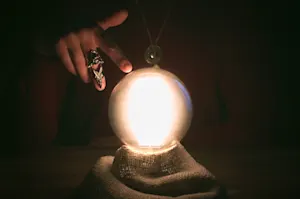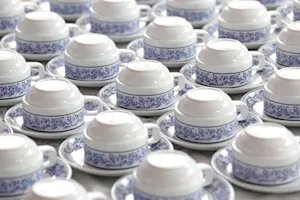What Makes This Word Tick
"Holophrase" is one of those marvelously compact words that manage to pack quite a punch. In linguistics, it refers to a single word that expresses a complex idea, much like infants’ early speech where "juice" might mean "I want juice." It’s a bit of a linguistic Swiss army knife, both compact and multifunctional.
If Holophrase Were a Person…
If Holophrase were strolling around as a person, it would surely be someone of few words, yet each word would ripple with meaning. Imagine a friendly neighbor who nods, smiles, and with just one word makes you understand: potluck, tomorrow, their house. Efficient and warmly direct, that's Holophrase for you.
How This Word Has Changed Over Time
Holophrase hasn't changed all that much—it's a steadfast term. Its roots are deeply embedded in linguistics, representing those early "Eureka!" moments in language acquisition both in children and language evolution. This word has remained true to its original purpose over the decades.
Old Sayings and Proverbs That Use Holophrase
While this word doesn’t nestle into old sayings the way “apple” or “stone” might, its concept is not far from phrases like "a picture is worth a thousand words," hinting at how a single expression can convey so much.
Surprising Facts About Holophrase
Here's a tidbit: While "holophrase" might sound like something a clean-freak scientist might use, it actually dates back to the 19th century, describing a universal aspect of language learning in young children. And it’s not just for babies—there are holophrases in adult language, too!
Out and About With This Word
In everyday life, holophrases are everywhere! Think of how you might say "coffee?" to your spouse in the morning, and it means, “Shall I make us some coffee?” These packed little phrases are all around us.
Pop Culture Moments Where Holophrase Was Used
Pop culture loves a good holophrase moment. Remember how R2-D2 in "Star Wars" could beep a single sound and have everyone understand his whole, beepy meaning? That's the power of holophrastic communication at its finest.
The Word in Literature
In literature, holophrases may not leap off the page as easily as dialogue, but they shine in minimalist prose and poetry, where every word carries the weight of a sentence, a sentiment craftily captured in brevity.
Moments in History with Holophrase
Think of pivotal moments in history where a single word or phrase encapsulated the sentiment of a movement. One might consider the way in which slogans like “Peace” have represented entire anti-war movements, acting holophrastically.
This Word Around the World
Culturally, holophrases are found worldwide, though they may manifest differently. For instance, in many indigenous languages, entire sentences or emotions encapsulated in one word highlight their importance across cultures.
Where Does It Come From?
The word "holophrase" is derived from Greek: "holos" meaning whole, and "phrasis" meaning phrase. Put them together and voilà—a whole phrase in just one word! It’s etymology that practically draws you a map.
How People Misuse This Word
Misuse of "holophrase" might occur when it's employed to describe any short phrase or term when it's actually about single words conveying complex ideas. Precision is key with such a specific term!
Words It’s Often Confused With
Phrase: A group of words, not the single-word compactness of a holophrase.
Monosyllable: One syllable, yes, but not packed with holistic meaning.
Acronym: An abbreviation, while informative, doesn't quite encapsulate complex ideas like a holophrase does.
Additional Synonyms and Antonyms
While there aren't perfect synonyms, "monosyllabic expression" might hint at the brevity aspect. As for antonyms, "detailed explanation" serves well, given it’s the opposite of succinct!
Want to Try It Out in a Sentence?
In his first few years, Timmy used holophrases like "up" when he wanted to be picked up or "milk" to request a bottle. Ah, the power of a well-placed word!
















